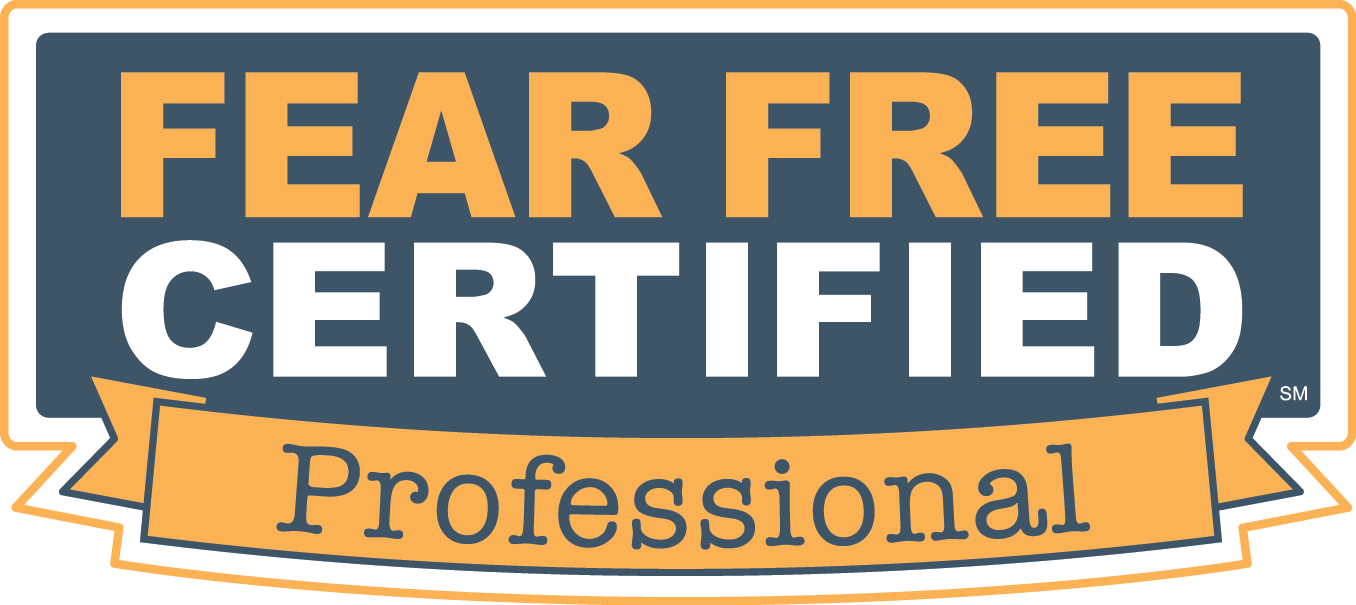|
So you’ve made up your mind: you’re ready to adopt a dog. Hooray! But as you browse through countless photos of adorable furry faces, you might feel overwhelmed by the sheer number of dogs looking for forever homes. Not sure if you should adopt a puppy or adult dog? Here are some pros and cons of adopting a puppy. (Considerations for adult dogs are outlined in a separate post.) Read my petguide.com article or click "Read More" if you don't see the text below. Pro: A window of time to “nurture”
As with any animal, a dog’s behavior will be partly due to “nature” and partly to “nurture.” The first 12-16 weeks of a dog’s life is known as the critical socialization period, a time when he is developing essential life skills and learning how to interact with his environment. Broadly speaking, the younger the puppy, the more time you have to properly socialize him to everything he will encounter throughout his life: different kinds of people, other animals, strange noises like sirens, riding in cars or trains, and so on. This socialization can give your dog the tools to handle whatever life throws at him, so he doesn’t develop fear-based behavior down the road. Pro: Early intervention is possible Puppyhood is a great time to prevent mildly naughty behaviors from becoming more serious bad habit. Let’s say your puppy goes bananas when the doorbell rings. You can contact a qualified trainer for help at the first sign of this or any other unwanted behavior, before the problem goes on for months or years. Con: You don’t know exactly what you’re getting While you do have more influence over the “nurture” part, you may not know what the “nature” part of your dog is. His size, breed(s), temperament, and energy level are anybody’s guess. Guarding, child-herding, or other tendencies aren’t easily observable in many young puppies. In some cases, a puppy is delightful until he hits sexual maturity, at which point owners notice undesirable behavioral changes. If you’re not into surprises, consider adopting an adult dog. Con: Puppies bite constantly and pee everywhere By far, the biggest complaint I get from puppy owners is the relentless biting. While there are techniques and toys to reduce a puppy’s play bites and teething-related chewing, you’ll quickly find that your puppy has a seemingly insatiable urge to bite you, your kids, and your most valuable possessions. This is most problematic in households with young or energetic children, as they look like giant squeaky toys to most puppies. Likewise, house training can take a lot more time, supervision, and training than many people realize. In the first several weeks or more, you literally cannot let your puppy out of your sight for a moment unless you want to find a puddle on the floor. If you’re not prepared for these frustrations, an older dog might be a better fit. Con: Puppies can strain your wallet and free time The medical needs of puppies exceeds most adult dogs: frequent vet visits to get your dog vaccinated and parasite-free, neutering costs, and so on. Other unavoidable expenses include puppy socialization and training classes, toys upon toys, and management tools like crates and exercise pens. (Granted, some adult dogs require all these things, too.) Puppies also require a great deal of time and attention in the first few months. The time commitment can be exhausting, but on the positive side, all your time and effort pays off when he grows into a socialized, well-mannered adult dog. The Verdict Adopting a puppy can be one of the most exciting, life-changing experiences you ever have. Just make sure you’ve done your homework and are ready for the commitment before bringing a puppy into your family.
0 Comments
Your comment will be posted after it is approved.
Leave a Reply. |
Welcome!Kate is a certified dog behavior consultant, certified dog trainer, certified Fear Free professional, certified dog parkour instructor, and award-winning author. Categories
All
Archives
January 2024
The views expressed on this website belong to Kate Naito and may not reflect the views of the agencies with which she trains.
|




 RSS Feed
RSS Feed